The New Couture Equation; Africa Redefines Fashion Luxury.
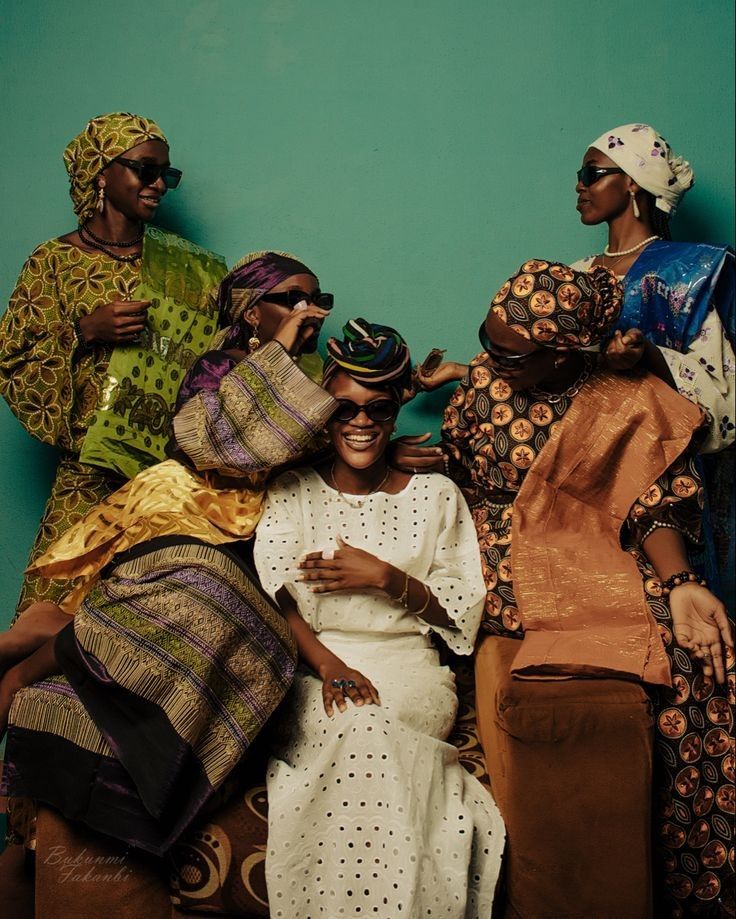
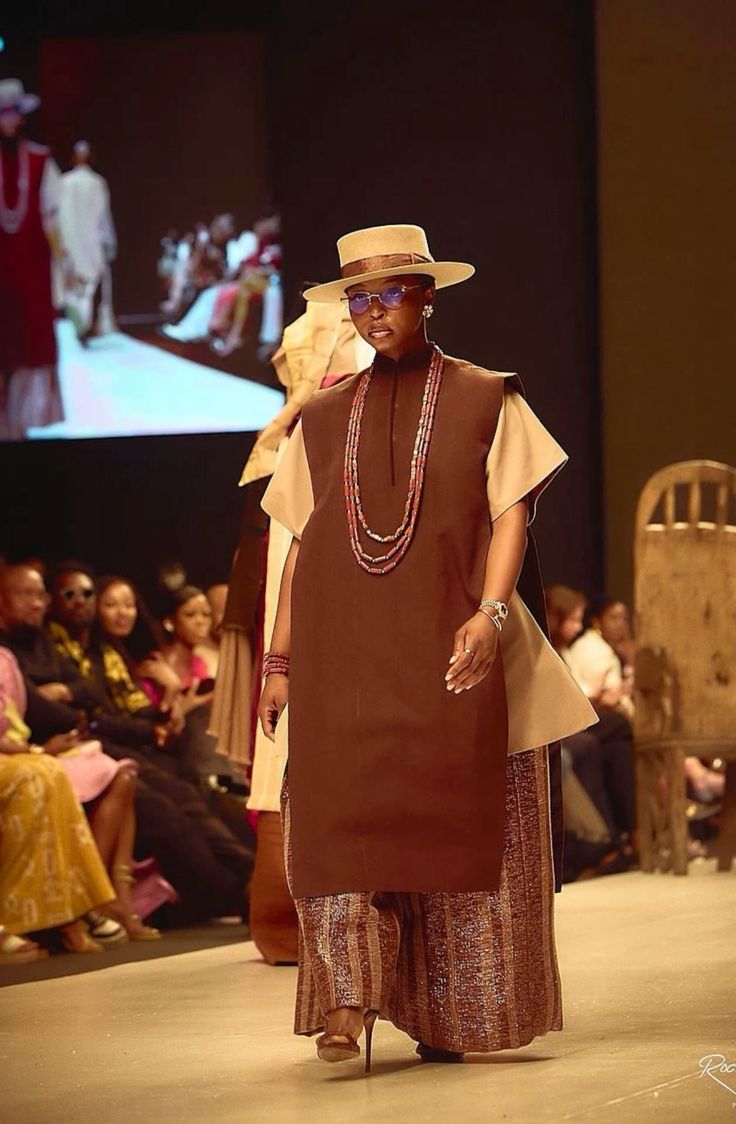
It is of no doubt that for decades, European fashion houses dictated how fashion should look and feel. Globally, style was dictated through a western lens from Parisian couture to Italian Craftsmanship. Popular brands like Gucci, Ferragamo, and Prada dictated the definition of fashion across all continents of the globe. However, today, a seismic shift is being witnessed world-wide; African designers are taking bold steps in rewriting the rules by blending their heritage with innovative skills while not-so-subtly positioning the continent as the new epicenter of global fashion.
This article dives into a fine selection of the new cohort of African luxury designers who are moving beyond the preservation of heritage to tirelessly designing the future of high fashion while simultaneously attracting investments home and abroad that recognize their creativity, potential and market value.
African Luxury brands are gravitating from being defined by Africa to redefining global tastes and targeted investments and this is accelerating an inevitable rise of African pieces on the runway.
African Excellence; Couture Redefined.
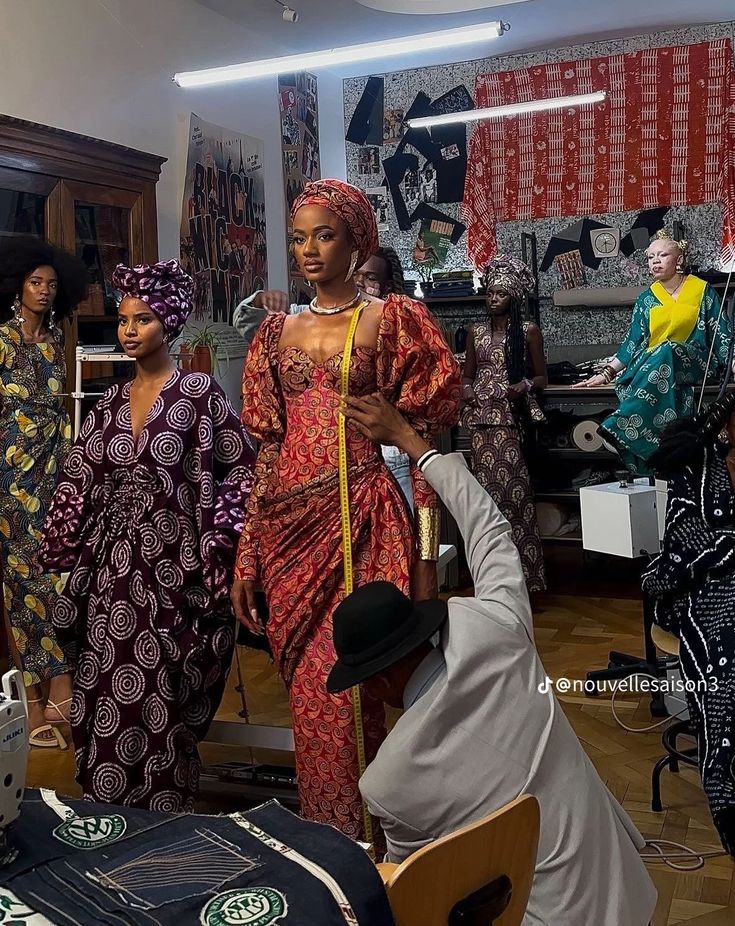
Across the globe, African designers are actively reshaping the definition of high fashion and luxury. These designers are crafting ideals rooted in heritage, craftsmanship and pride while narrating stories of African culture and struggle with finesse.
This is portrayed by the likes of Kenneth Ize, the Nigerian designer who converts traditional Aso-Oke fabric into runway art pieces in Lagos. Featured in his designs are technicolor suiting and androgynous looks which he says pays homage to his heritage. His pieces and process are a testament to the fact that centuries-old weaving techniques can complement and cohabit with modern techniques and silhouettes.
Another prominent designer whose philosophy is rooted in designs that speak of his intentionality in showcasing his community and ethics is Cape Town's very own Lukhanyo Mdingi whose work earned him the Amiri Prize in 2023, speaking volumes of the fact that African designers can stand out, play differently and outshine the old players of the game.
And telling bold, loud and heartwarming stories with traditional elements from across the continent is Cameroon designer, Imane Ayissi. Imane, one of the very few African Designers invited to the Paris Haute Couture Week prides hímself in weaving African aesthetic traditions– raffia, Obom bark cloth, Faso Dan Fani stripes and Kente– into contemporary silhouettes and sculptural forms, conlanging these designs into a globally understandable entity.
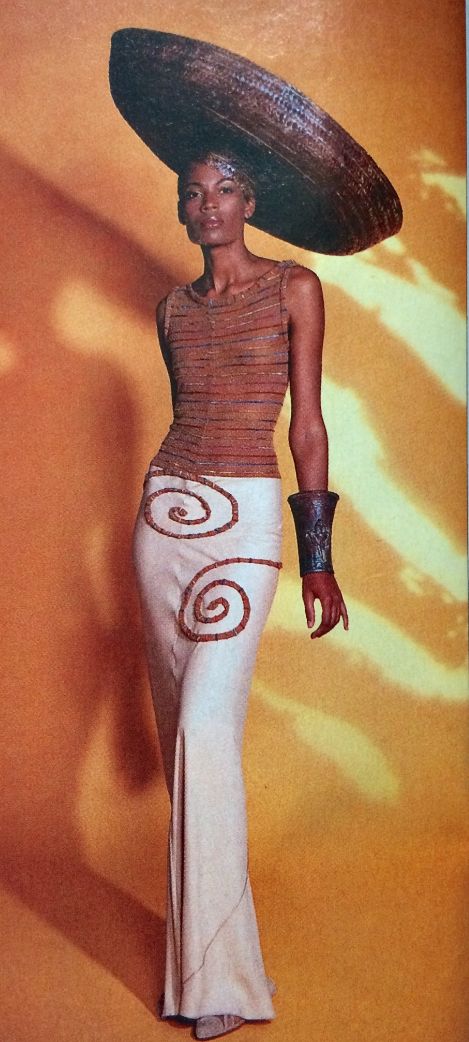
African Designers In The Diaspora.
In the Diaspora, African Designers stand out from among the crowd. One notable example is the remarkable Lani Adeoye, the award-winning designer and founder of Studio Lani. Her creations have earned placements in permanent collections of prestigious institutions like The Vitra Designe Museum and Montreal Museum of Fine Arts.
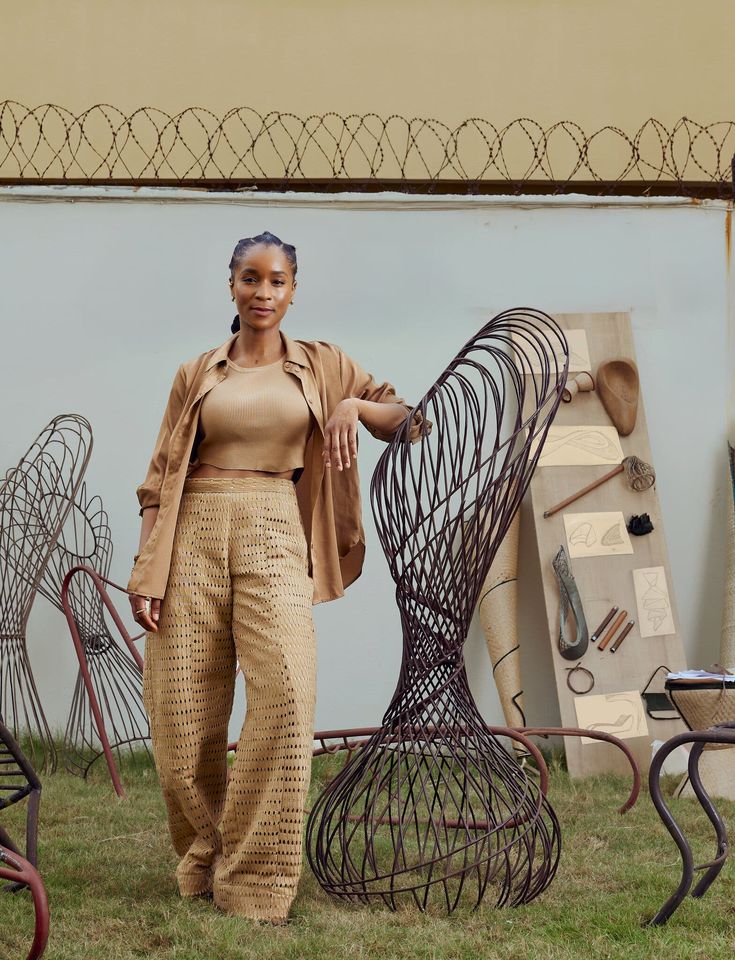
Laduma Ngxokolo turns local culture into a cultural phenomenon around the world. Drawing inspiration from the many tribes of the continent, Laduma is one of Africa’s finest knitwear designers and innovator of the Xhosa– one of South Africa’s dominant ethnic groups.
These designers serve as a bridge tirelessly ensuring that the contents of global fashion conversations are not limited to continental borders.
The Global Investment Strategy.
For many years, entrepreneurs in the African fashion enterprise faced a major hurdle in business; absence of industry specific capital. This setback which prevented Africa from being represented in the forefront of fashion is being eradicated by dedicated African creative industry investment funds like Birimian Ventures– a long term investment company championing African Heritage luxury and premium brands by providing patient capital, institutional support, strategic advice and operational excellence.
Birimian Ventures operates primarily out of Côte D’Ivoire’s capital, Abidjan as its headquarters while maintaining a strong presence in Paris to ensure the international exposure and growth of African heritage.
Similarly, another dedicated venture is the HEVA fund, which keenly focuses on de-risking the creative economy. This venture is based in East Africa– Nairobi, Kenya and it has successfully committed $10M to the African luxury creative industry in its first decade of establishment while supporting over 10k creatives in capacity building, grants, direct and indirect investments.
The Moral And Cultural Advantage.
The African creative industry differs from that of the Western’s in the sense that, while the Western Fashion houses respond to public pressure as an adoption to sustainability, African Fashion houses have their ethical and cultural practices embedded in their design DNA giving them a powerful moral advantage in the fashion ecosystem.
Nkwo Onwuka invented the Dakala Cloth while leading a powerful mission to turn textile waste into opportunities, reviving and preserving traditional skills while empowering women from displaced communities.
Sindiso Khumalo’s utilization of organic and recycled cotton, natural dyes, and linen while creating thoughtful and considerate clothing with intent brings values of social equality and female empowerment into her brand.
This shows that the African fashion model is not a trend but a traditional value system based on craftsmanship, durability and contrast of the exploitative and disposable nature of fast fashion.
Cultural Ownership; The New Luxury Currency.
The longevity of African pieces is embedded in its cultural ownership and the value of these pieces is non-negotiable as they are pursued by the modern global customer seeking authenticity, and weary of cultural appropriation.
These designers are not taking inspiration from the African Heritage but are masters of their own cultural aesthetic language. With these designers, there's an assurance of cultural heritage because they own the techniques and the narratives from where their pieces come.
Products from these designers are artifacts of cultural excellence and uniqueness that can only be adopted through collaboration. Thanks to these creatives, made in Africa is a guarantee of an ultimate differentiator in the 21st century; Narrative Integrity.
Synthesis and Future Outlook.
For too long, African Luxury was overlooked. Now, with the efforts of these creatives and creative industry investment funds, the undervalued indigenous creativity is being recognized as commodities of luxury, simultaneously disrupting the Western High Fashion hierarchy.
The African Luxury Market is now on the cusp of a notable global realignment in the marketing sector. The current $31 billion valuation of Africa’s fashion industry is expected to surpass $50 billion by 2030. Soon, African Luxury brands will transition from being inspirational sources to securing decisive and permanent percentages of the global market. Cultural ownership will be transformed to measurable economic power.
You may also like...
When Sacred Calendars Align: What a Rare Religious Overlap Can Teach Us

As Lent, Ramadan, and the Lunar calendar converge in February 2026, this short piece explores religious tolerance, commu...
Arsenal Under Fire: Arteta Defiantly Rejects 'Bottlers' Label Amid Title Race Nerves!

Mikel Arteta vehemently denies accusations of Arsenal being "bottlers" following a stumble against Wolves, which handed ...
Sensational Transfer Buzz: Casemiro Linked with Messi or Ronaldo Reunion Post-Man Utd Exit!

The latest transfer window sees major shifts as Manchester United's Casemiro draws interest from Inter Miami and Al Nass...
WBD Deal Heats Up: Netflix Co-CEO Fights for Takeover Amid DOJ Approval Claims!

Netflix co-CEO Ted Sarandos is vigorously advocating for the company's $83 billion acquisition of Warner Bros. Discovery...
KPop Demon Hunters' Stars and Songwriters Celebrate Lunar New Year Success!

Brooks Brothers and Gold House celebrated Lunar New Year with a celebrity-filled dinner in Beverly Hills, featuring rema...
Life-Saving Breakthrough: New US-Backed HIV Injection to Reach Thousands in Zimbabwe

The United States is backing a new twice-yearly HIV prevention injection, lenacapavir (LEN), for 271,000 people in Zimba...
OpenAI's Moral Crossroads: Nearly Tipped Off Police About School Shooter Threat Months Ago
ChatGPT-maker OpenAI disclosed it had identified Jesse Van Rootselaar's account for violent activities last year, prior ...
MTN Nigeria's Market Soars: Stock Hits Record High Post $6.2B Deal

MTN Nigeria's shares surged to a record high following MTN Group's $6.2 billion acquisition of IHS Towers. This strategi...
